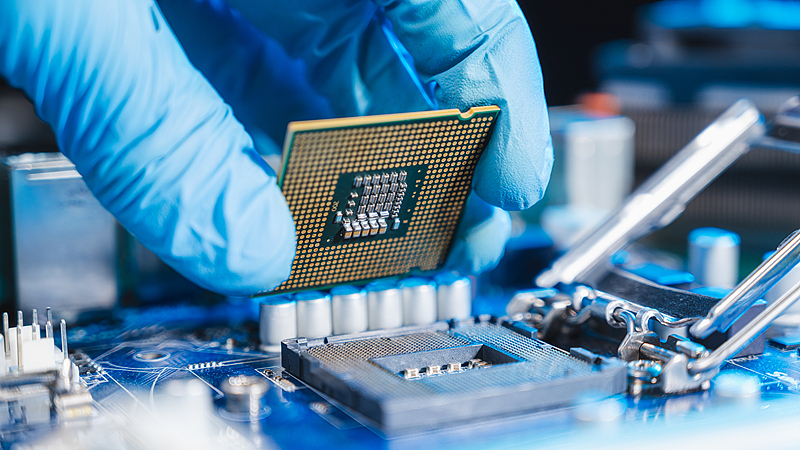In a bold announcement from the Oval Office, U.S. President Donald Trump said the United States will impose a 100% tariff on semiconductor chips imported from countries not producing in America or planning to do so. Under the plan, any company that commits to build1or is already building1chip manufacturing capacity in the U.S. will be exempt.
Trump told reporters, 'So 100 percent tariff on all chips and semiconductors coming into the United States. But if you've made a commitment to build (in the U.S.), or if you're in the process of building (in the U.S.), as many are, there is no tariff.'
Key Facts at a Glance
- Tariff rate: 100% on all imported chips unless production is based in the U.S.
- $52.7 billion subsidy program created by Congress in 2022 to boost domestic manufacturing.
- U.S. share of global chip production sank from 40% in 1990 to about 12% last year.
- If firms promise to build and then fail, they face retroactive charges: 'you have to pay, and that's a guarantee,' Trump warned.
Why It Matters
Semiconductor chips are the backbone of modern technology, powering devices from smartphones to electric vehicles. By forcing companies to choose between tariffs or new factories, the U.S. aims to reverse decades of offshoring and secure its place in the high-stakes global chip race.
Global Ripple Effects
The move is set to send shockwaves through supply chains, from Asian foundries to European fabless firms. Entrepreneurs and startups will watch closely: higher tariffs could drive up costs for hardware prototyping, while new U.S. plants may open fresh partnership opportunities.
As the world grapples with chip shortages and geopolitical tensions, this policy underscores a growing trend toward reshoring critical industries and may redefine how and where the next generation of tech is made.
Reference(s):
Trump says U.S. will charge 100% tariff on some semiconductor imports
cgtn.com




